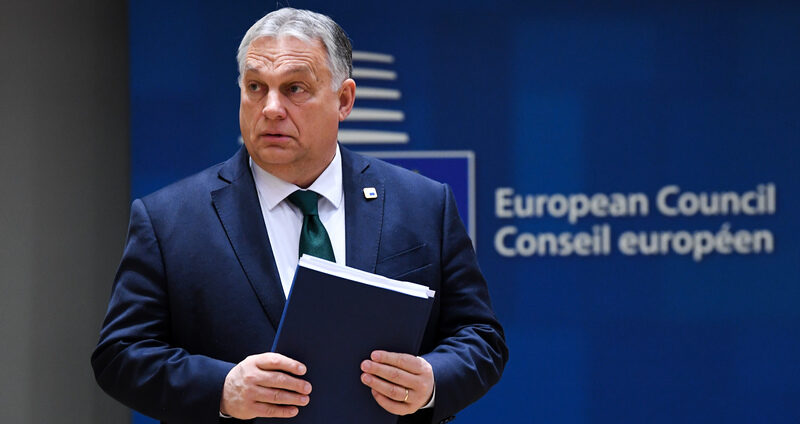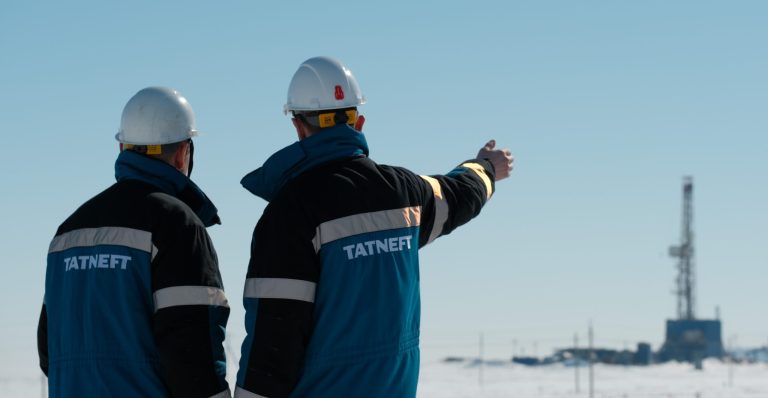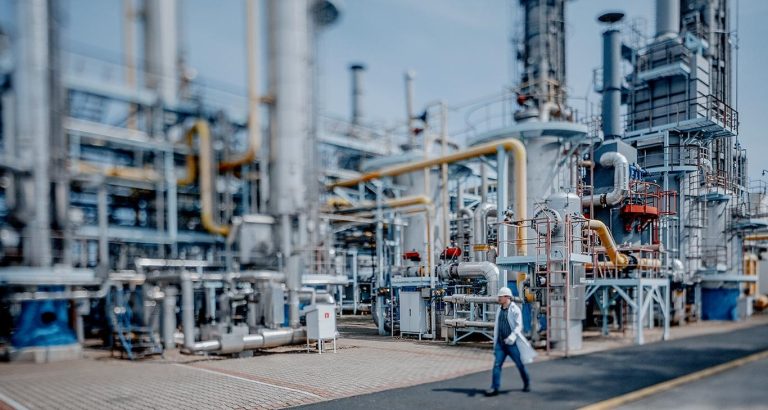Fact-check: is “hypocritical” Poland still buying Russian oil as Orbán claims?

On 27 July, Hungarian Prime Minister Viktor Orbán accused Poland of hypocrisy over its attitude to Russian energy imports.
He claimed that Poland criticises Hungary for its continued ties with Russia while at the same time indirectly buying Russian oil and using this to “run their economy”.
That prompted a strong denial from Polish deputy foreign minister Władysław Teofil Bartoszewski, which in turn led Hungarian foreign minister Peter Szijjarto to assert that the Poles are among the clients of “one of the largest Russian oil companies”.
A Polish deputy foreign minister has suggested that Hungary could leave the EU and NATO and “form a union with Putin”.
His remarks came after Orbán called Poland hypocritical for criticising Hungary’s relations with Moscow while itself buying Russian oil https://t.co/peBrHdGFVw
— Notes from Poland 🇵🇱 (@notesfrompoland) July 29, 2024
Polish foreign minister Radosław Sikorski, when later questioned about the Hungarian claims by Polish state news channel TVP Info, said that Poland imports “almost [no oil] from Russia, some 2%” and that his “data show that we have even stopped the import of liquefied gas [LPG]”.
Wojciech Jakóbik, an energy analyst, factchecks the claims made by both Hungary and Poland in this dispute.
Is Poland still importing oil from Russia?
Poland has historically been highly dependent on Russian oil supplies. By the time of Russia’s invasion of Ukraine in February 2022, Poland had managed to reduce this dependency from 100% in 2014 to around 80%. By January 2023, the figure had been cut to 10%.
Polish state energy giant Orlen’s contract with Russia’s Rosneft, which was valid until the end of January 2023, expired because it was not renewed. Poland has not imported any oil from Russian companies since 25 February 2023, when Russia’s Tatneft stopped deliveries without specifying why.
In addition, in June 2023, the EU, in cooperation with Warsaw, introduced a ban on oil supplies via the northern branch of the Druzhba pipeline, which stretches from Russia to Poland via Belarus.
Poland has not abandoned Russian oil entirely, as it declared it would, but instead the Kremlin turned the taps off itself.
Securing energy independence from Russia, however, is not the end but rather the beginning of new challenges, writes @wjakobik https://t.co/2mvk9cmfGA
— Notes from Poland 🇵🇱 (@notesfrompoland) March 10, 2023
Orlen, however, owns the Czech oil company Unipetrol. The Polish state giant brings oil from Russia to its Unipetrol refineries in the Czech Republic via the southern branch of the Druzhba pipeline. These refineries produce fuel that is sold across Central and Eastern Europe, including in Ukraine.
Oil imports from Russia to the Czech Republic are possible because EU sanctions do not cover the southern branch of the Druzhba pipeline, which stretches from Russia through Ukraine to the Czech Republic, Slovakia and Hungary.
As such, the import of Russian oil into the Czech market by Orlen respects EU sanctions, which are designed to continue to allow this to happen.
This means that, in theory, there is no formal basis for blocking supplies through this route apart from the REPowerEU programme, which proclaims the need to abandon Russian raw materials by the end of 2027. However, it should be stressed that this is a political declaration without any sanctions if it is not implemented.
Sorry to interrupt your reading. The article continues below.
Notes from Poland is run by a small editorial team and published by an independent, non-profit foundation that is funded through donations from our readers. We cannot do what we do without your support.
Is Poland still importing LPG from Russia?
Liquefied natural gas is mainly used in Poland as an automotive fuel and in domestic gas installations. The Polish state does not itself import LPG from Russia, as trade in this fuel is the domain of the private market. According to data from the Polish LPG Organisation, in 2023 imports of the fuel from Russia to Poland accounted for 45% of domestic demand.
There is no new data to verify Sikorski’s claim of almost complete abandonment of LPG supplies from Russia to Poland in 2024. The first deliberations on the introduction of sanctions on Russian LPG began shortly after the start of the invasion of Ukraine, so the LPG sector has long been able to anticipate the need to abandon the Russian direction and prepare for change.
In April 2022, Poland declared that it would abandon the import of all raw materials, including LPG, from Russia by the end of the year. This did not happen. In the end, Warsaw opted to wait for EU-wide sanctions instead of imposing a unilateral solution.
Poland remains by far the EU’s biggest buyer of liquefied petroleum gas (LPG) from Russia, despite pledging to stop such imports.
Last year it spent €710 million on Russian LPG, which was almost two thirds of the total imported by EU countries https://t.co/d1kP2RcegD
— Notes from Poland 🇵🇱 (@notesfrompoland) April 4, 2023
Deputy climate and environment minister Piotr Dziadzio explained in June 2023 that if Poland had applied unilateral sanctions on LPG supplies from Russia, it would have resulted in insufficient pressure on Moscow and an increase in the price of the fuel at Polish petrol stations. An EU-wide solution would solve this problem.
The EU introduced sanctions on the supply of Russian LPG in December 2023 with a 12-month transition period, meaning that Polish companies, like those in the rest of Europe, will have to stop importing from Russia by the end of this year.
Summary
Poland has not imported oil from Russia since February 2023. However, the Polish state energy company Orlen currently imports oil from Russia to the Czech Republic via its subsidiary Unipetrol, which is likely what Orbán and Szijjarto were referring to.
Owing to its position as a landlocked country in Central Europe, the Czech Republic – in line with current EU sanctions – is dependent on oil from the Druzhba pipeline, which it will abandon in 2025.
In contrast to Sikorski’s claim, Poland currently imports 45% of its LPG from Russia. Warsaw is required by the EU to stop importing Russian LPG by the end of 2024.
On the other hand, Hungary is not diversifying away from Russian resources and this is why tensions have emerged with Poland.
The Czech Republic is importing its highest proportion of Russian oil since 2021, prompting protests in Prague.
But the government notes that it is Polish state firm Orlen – which owns the only two Czech oil refineries – that is responsible for imports https://t.co/yiW08598LM
— Notes from Poland 🇵🇱 (@notesfrompoland) September 13, 2023
Main image credit: European Union
Translated by Richard Greenhill

Wojciech Jakóbik has been an energy analyst since 2009. He is editor in chief of BiznesAlert.pl, a publication devoted to energy and climate policy.





